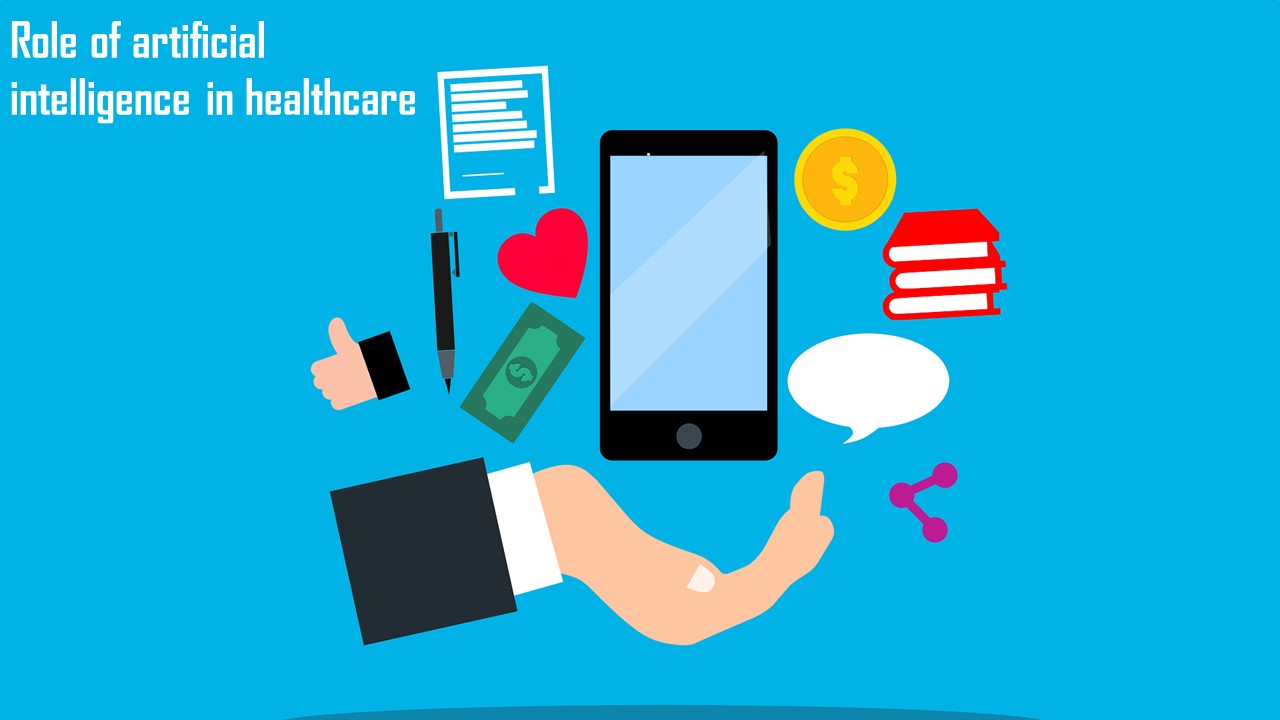Artificial intelligence (AI) is rapidly transforming the healthcare industry, and hospitals are at the forefront of this revolution. Healthcare providers can use AI technology to improve patient care, streamline operations, reduce costs, and enhance patient outcomes. We will explore the various applications of AI in hospitals, which is the role of artificial intelligence in hospitals and how they are transforming the healthcare industry.
Medical Imaging
- An EHR is a digital version of a patient’s medical record.
- It contains the patient’s medical history, diagnosis, medications, allergies, immunizations, lab results, and other relevant medical information.
- It is designed to be accessible by authorized healthcare providers, making it easier to share patient information across different healthcare settings.
Electronic Health Records (EHRs)
- Hospitals are increasingly adopting Electronic Health Records (EHRs), and they can use AI to enhance the accuracy and usefulness of these records.
- AI algorithms can analyze large datasets of EHRs to identify patterns and trends, which can help healthcare professionals make more informed decisions about patient care.
- Healthcare professionals can make more informed decisions about medication management with the help of AI, which can also identify potential drug interactions.
Predictive Analytics
- Predictive analytics is another application of AI in hospitals that is transforming the healthcare industry.
- AI algorithms can analyze large datasets of patient data, including medical history, vital signs, and lab results, to predict potential health risks and identify patients who may be at risk for certain conditions.
- Predictive analytics can improve patient outcomes by identifying patients who may benefit from early intervention or preventative care.
Virtual Health Assistants
- Virtual health assistants are another application of AI in hospitals that is gaining popularity.
- These assistants use natural language processing (NLP) and machine learning algorithms to interact with patients and provide personalized healthcare advice and guidance.
- Virtual health assistants improve patient outcomes by providing patients with real-time advice and guidance on managing their health.
Robotics
- Robotic technology is becoming prevalent in hospitals, and AI can improve the accuracy and efficiency of these robots.
- AI algorithms could analyze medical images and offer real-time guidance to robots during surgery or other procedures. (Active voice)
- Robotic technology can also improve patient outcomes by reducing the risk of human error.
- Programming a robot to administer medication at precise times and in precise doses can reduce the risk of medication errors.
Benefits of AI in Hospitals
Improved Patient Outcomes
AI technology can help improve patient outcomes by providing healthcare professionals with real-time data and insights. AI can also be used to identify potential health risks and recommend early intervention or preventative care, improving patient outcomes and reducing the risk of complications.
Streamlined Operations
AI technology can help hospitals become more efficient by automating many of the tasks that are currently performed manually.
To read some more articles like this, Visit this site: https://hospi.info/blog/


